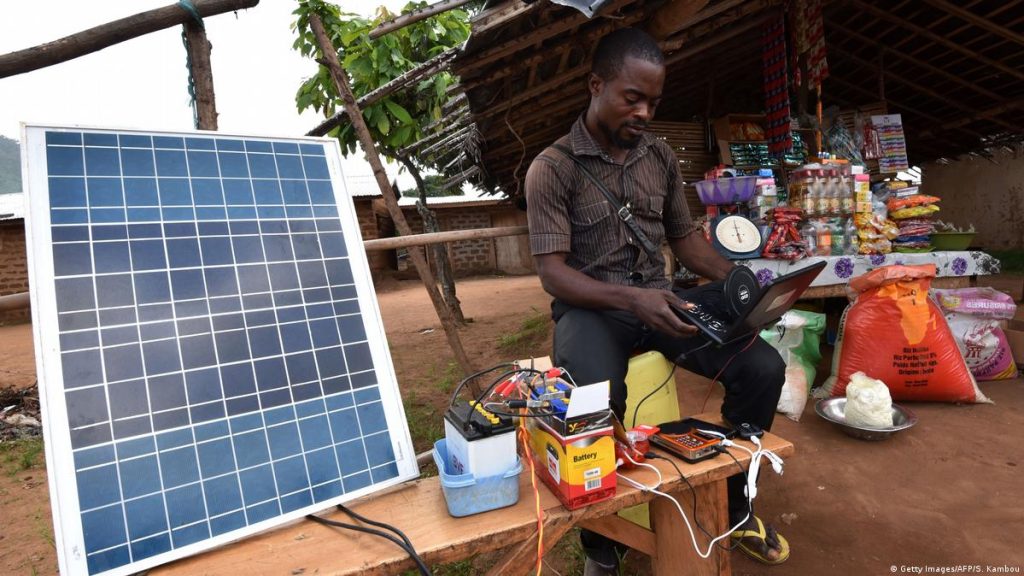Renewable energy has become a global imperative in the quest for a sustainable future. As the largest economy in Africa, Nigeria holds immense potential to harness the power of renewable energy sources. In this comprehensive overview, we delve into the significance of renewable energy in Nigeria, exploring its environmental, economic, and social implications. Join us on this enlightening journey as we unravel the reasons why sustainable power matters and the transformative impact it can have on Nigeria’s energy landscape.
Click here to read more about renewable energy in Nigeria
Environmental Benefits
Nigeria, like many countries, faces pressing environmental challenges such as air pollution, deforestation, and climate change. Embracing renewable energy offers a viable solution to mitigate these issues. This shift towards sustainable power also helps preserve the country’s natural resources and protect its diverse ecosystems for future generations.
Economic Advantages
Renewable energy presents numerous economic opportunities for Nigeria. As a country rich in solar irradiation, wind resources, and hydroelectric potential, Nigeria can leverage these renewable assets to boost energy production and enhance energy security. By investing in energy from renewable sources infrastructure, Nigeria can create a thriving green economy, attracting domestic and foreign investments, stimulating job growth, and fostering technological innovation. Additionally, the decentralized nature of renewable energy systems can bring electricity to remote communities, fostering social inclusion and improving livelihoods.

Rural Electrification in a remote rural area in Nigeria with a solar
Energy Access and Reliability
Nigeria faces a significant energy deficit, with millions of its citizens lacking access to reliable electricity. The integration of energy can help bridge this gap and improve energy access across the country.
Energy Security and Independence
As an oil-rich nation, Nigeria heavily relies on fossil fuel exports for revenue generation. However, this dependence on a single resource leaves the country vulnerable to volatile global oil prices and market fluctuations. By diversifying its energy sources through renewables, Nigeria can achieve greater energy security and independence. The abundance of sustainable power .
Sustainable Development and Global Commitments
Renewable energy aligns with Nigeria’s commitment to sustainable development and its participation in global climate agreements. sustainable power holds immense promise for Nigeria’s sustainable future. By prioritizing the development and adoption of clean energy sources, Nigeria can address environmental challenges, stimulate economic growth, improve energy access and reliability, enhance energy security, and contribute to global sustainability efforts. Together, we can make renewable energy a driving force in Nigeria’s pursuit of sustainable development.
